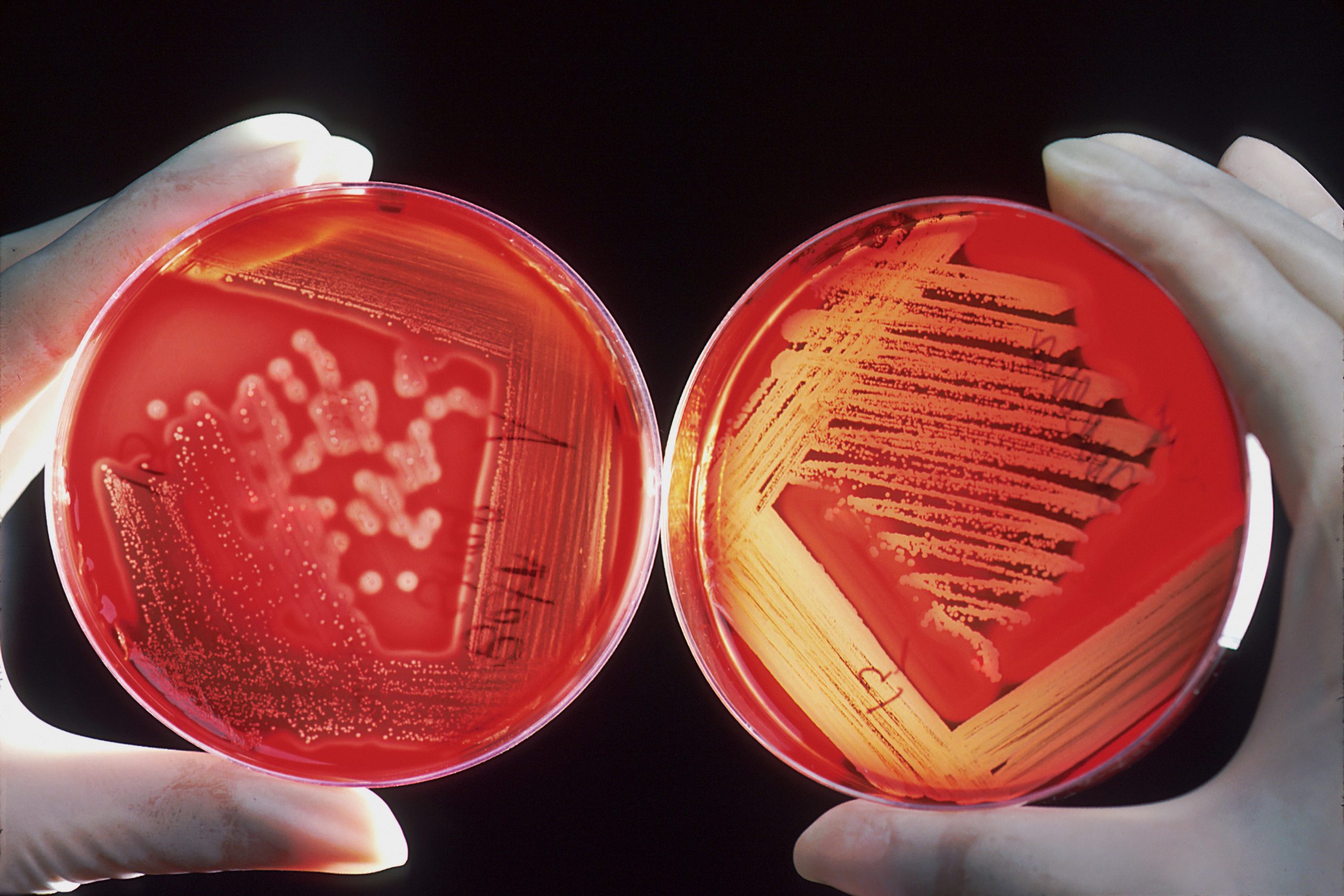There is currently no cure for people with type 1 diabetes. Due to the congenital metabolic disease, they are dependent on insulin for the rest of their lives. Now a man suffering from diabetes is being successfully treated with stem cell therapy.
In a study of the effectiveness of stem cell therapy, it was possible to make a type 1 diabetes patient independent of insulin. The man, who previously had to be treated with high doses of insulin, manages without any insulin injections 270 days after therapy, the researchers write in their case report, which was also presented at the annual meeting of the American Diabetes Association.
The then 64-year-old had been diagnosed with the congenital metabolic disease 40 years previously. In the year before the stem cell therapy, the man had already gone through five life-threatening hypoglycaemia conditions. He had to be treated with a high dose of 34 units of insulin daily and was selected as the first patient for the stem cell therapy study because of the severity of his disease.
Some time later, the same therapy was applied to another patient. The then 35-year-old was diagnosed with type 1 diabetes almost eleven years ago. 150 days after the single administration of the stem cells, she was not insulin-independent, but was able to reduce her insulin dose by 30 percent. In a third diabetic patient, the dose of stem cells has now been doubled based on the previous results. However, the results are not yet available. For the current study, more patients are to be treated with stem cell therapy.
Therapy not suitable for everyone with type 1 diabetes
Despite all the success and hope that this research brings to people with type 1 diabetes, there are still several adversities. Everyone who is treated with stem cell therapy for type 1 diabetes must take so-called immunosuppressants, i.e. drugs to suppress their own immune system. This is to prevent rejection reactions of the stem cells. At the same time, however, this type of medication has a number of limitations and side effects.
From a medical point of view, daily insulin injections are therefore still associated with fewer disadvantages for diabetes patients than lifelong intake of immunosuppressants. Stem cell therapy is therefore only suitable for people with type 1 diabetes who either have a particularly severe course of the disease or who are already taking immunosuppressants because of an organ transplant.
Transplantation of islet cells is rare
For more than two decades it has been possible to obtain the so-called islet cells from the deceased and use them as therapy for type 1 diabetes patients. However, this therapy is used relatively rarely. On the one hand there is a permanent lack of donors worldwide, on the other hand the people treated in this way have to take immunosuppressive drugs for life in order not to reject the previously transplanted exogenous cells. One way of countering the permanent lack of donor cells is the use of stem cells. These can be produced in unlimited quantities in the laboratory and converted into every cell in the body with the appropriate program.
The company Vertex Pharmaceuticals has produced the currently used stem cells called VX-880 using a special technology. She also has the effect of stem cell transplantation in type 1 diabetes examined in the first two cases by James Markmann’s team from Massachusetts General Hospital in Boston. Boston-based Vertex says it is confident it can resolve the rejection problem in the future. The company is therefore already researching a way to encapsulate the insulin-producing beta cells in the body. In this way, unwanted rejection reactions are to be avoided and the use of immunosuppressants is to be made superfluous. Whether this really succeeds should be investigated in further clinical studies in the near future.
Source
https://www.n‑tv.de/wissen/Diabetes-Typ-1-Patient-kommt-ohne-Insulin-aus-article23405596.html
State: 06/20/2022, 10:12 a.m

